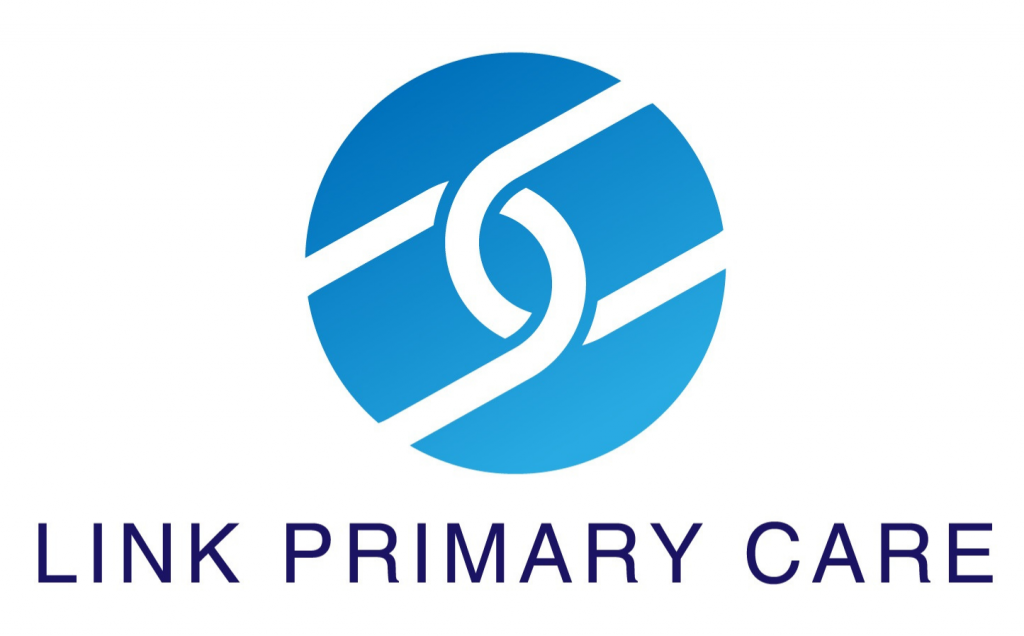Allergic rhinitis, commonly known as hay fever, affects millions of people each year. It’s a condition that occurs when your immune system overreacts to allergens in the environment. While not life-threatening, allergic rhinitis can significantly impact your quality of life. At Link Primary Care, we specialize in providing personalized care to help you manage and overcome the challenges of allergic rhinitis.
In this blog post, we’ll dive deep into allergic rhinitis. We’ll discuss its causes, symptoms, and triggers, along with practical tips to manage it. Additionally, we’ll explain how our clinic can offer fast, affordable, and effective solutions tailored to your needs.
Here’s more information from the American Academy of Allergy, Asthma & Immunology:
https://www.aaaai.org/conditions-treatments/allergies/hay-fever-rhinitis
What Is Allergic Rhinitis?
Allergic rhinitis is an allergic reaction that affects the nose, throat, and eyes. It occurs when your immune system identifies harmless substances, like pollen or dust, as threats. This triggers the release of histamines, leading to inflammation and other symptoms.
There are two main types of allergic rhinitis:
- Seasonal Allergic Rhinitis: Also known as hay fever, it’s triggered by seasonal allergens like pollen.
- Perennial Allergic Rhinitis: Symptoms occur year-round due to indoor allergens like pet dander and dust mites.
What Causes Allergic Rhinitis?
Allergic rhinitis is caused by allergens, substances that your immune system mistakenly identifies as harmful. Common allergens include:
- Pollen: Trees, grasses, and weeds release pollen (especially in spring and fall).
- Dust Mites: Tiny bugs found in bedding, carpets, and upholstery.
- Pet Dander: Skin flakes and saliva from cats, dogs, and other animals.
- Mold: Fungi that grow in damp areas, like basements and bathrooms.
- Airborne Irritants: Smoke, strong odors, and pollution can worsen symptoms.
Your genetic makeup and environmental factors can increase your risk of developing allergic rhinitis. If you have a family history of allergies, you may be more prone to the condition.
Symptoms of Allergic Rhinitis
The symptoms of allergic rhinitis can vary in severity. Common symptoms include:
- Sneezing
- Runny or stuffy nose
- Itchy nose, throat, or eyes
- Watery, red, or swollen eyes
- Postnasal drip
- Fatigue or difficulty concentrating
Symptoms may worsen during specific seasons or in certain environments. For instance, outdoor allergens like pollen are more prevalent in spring, while indoor allergens like dust mites persist year-round.
Managing Allergic Rhinitis: Practical Tips
While allergic rhinitis can be challenging, several strategies can help manage symptoms.
1. Avoid Allergens
- Pollen: Stay indoors during peak pollen times, usually early morning and late afternoon, or during windy conditions.
- Dust Mites: Use allergen-proof covers on pillows and mattresses.
- Pet Dander: Keep pets out of bedrooms and bathe them regularly.
- Mold: Use a dehumidifier and clean damp areas frequently.
2. Keep Indoor Air Clean
- Use a high-efficiency particulate air (HEPA) filter.
- Avoid smoking or using strong-smelling products indoors.
- Regularly vacuum and dust your home.
3. Practice Good Hygiene
- Wash your hands and face after spending time outdoors.
- Shower before bed to remove allergens from your skin and hair.
- Wash bedding and clothes frequently in hot water.
4. Use Over-the-Counter Remedies
- Non-sedating antihistamines can relieve itching, sneezing, and runny nose.
- Saline or decongestant nasal sprays can reduce inflammation and congestion.
- Decongestants provide short-term relief for stuffy noses.
Medical Treatments for Allergic Rhinitis
If lifestyle changes and over-the-counter remedies aren’t enough, more aggressive medical treatments can help.
1. Prescription Medications
- Prescription-strength Antihistamines: Provide longer-lasting relief.
- Nasal Corticosteroids: Reduce inflammation in your nasal passages.
- Leukotriene Modifiers: Block chemicals that cause allergic reactions.
2. Allergy Immunotherapy
- Allergy shots or sublingual tablets gradually reduce sensitivity to allergens.
Don’t Let Allergic Rhinitis Ruin Your Life
Allergic rhinitis doesn’t have to make you miserable. With care and support, you can manage symptoms and enjoy better health.
Schedule a one-on-one consultation with Dr. Jeffrey Davis using the following link:
https://calendly.com/jeffreydavis-linkprimarycare/link-primary-care-meeting
Get more information on our website at linkprimarycare.com


